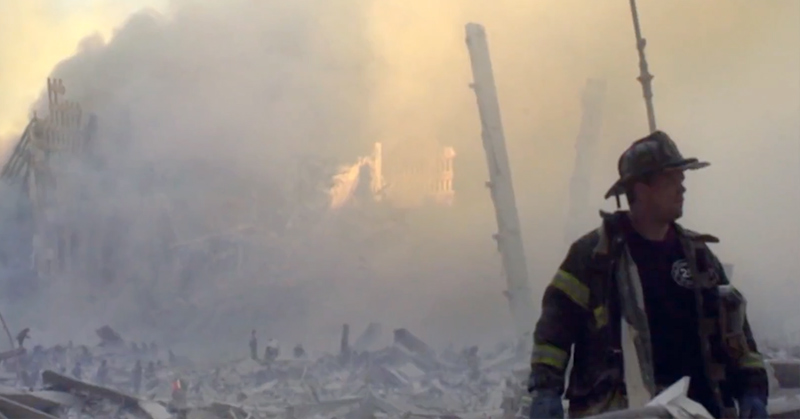This year marks the 23rd anniversary of the tragic events that took place on September 11, 2001. The memory of that day is etched in the minds of Americans, especially for the brave first responders who took immediate heroic action.
As time passed, Americans vowed to never forget the 2,996 lives lost on that day. However, for many first responders, law enforcement, and civilians in the area, it marked the beginning of a health battle. Over 2,000 deaths have been linked to exposure on September 11th and the following weeks at ground zero.
Why are Responders at Risk?
During the attacks, a toxic mix of debris and gases filled the air, exposing many individuals to harmful materials. The aftermath Cleanup process added to the exposure, causing long-term health implications for those involved.
The misinformation provided by the EPA at the time led many to believe the air was safe, resulting in thousands inhaling and ingesting toxic substances. This has led to a range of health issues, including respiratory diseases, skin burns, mental health conditions, and various forms of cancer.
What are the Common Health Issues?
Currently, around 76,000 responders are registered with the 9/11 health fund, receiving support for their conditions. These conditions include chronic respiratory diseases, skin burns, mental health issues, and cancer. Research is ongoing to evaluate the link between exposure and potential health risks, such as asbestos-related diseases and cardiovascular issues.
How Can Victims and Their Families Get Support?
Congress recently extended the Victim Compensation Fund to 2090 to assist current and future victims. It is crucial for responders and civilians to maintain regular medical check-ups to monitor any symptoms and seek compensation if needed. Victims and families can file a claim through the Victim Compensation Fund website.
Sources
- “10 years later: What was in the air at ground zero? – CBS News.” Accessed 13 Sep. 2019.
- “Covered Conditions – WTC Health Program – CDC.” Accessed 13 Sep. 2019.
- “Malignant Mesothelioma | Causes, Symptoms, Prognosis.” Accessed 13 Sep. 2019.
- “Long-term Cardiovascular Disease Risk Among Firefighters ….” 6 Sep. 2019. Accessed 13 Sep. 2019.
- “September 11th Victim Compensation Fund.” Accessed 13 Sep. 2019.





